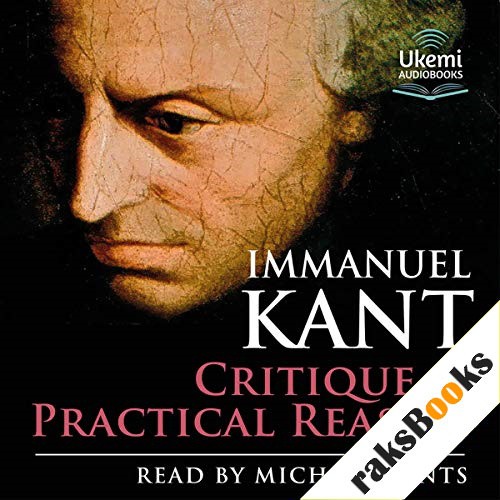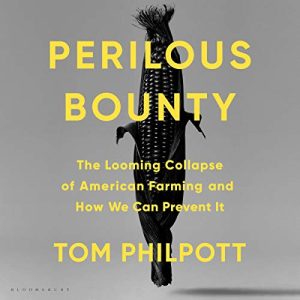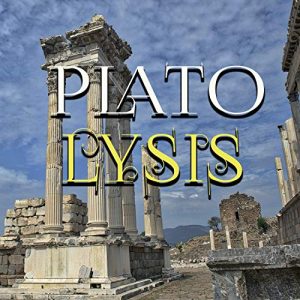The Critique of Practical Reason was published in 1788, seven years after Immanuel Kant’s major work, Critique of Pure Reason.
In it, Kant sets out his moral philosophy – and it proved a seminal text in the history of the subject. He argues that the summum bonum (the highest good) of life is that rather than just pursuing happiness, people should inhabit a moral dimension that enables them to deserve the happiness that God can give. Though much shorter than Critique of Pure Reason, this is the sourcebook for Kant’s ethical doctrines.
It is divided into five sections: Preface, Introduction, First Part: Elements of Pure Practical Reason, Second Part: Methodology of Pure Practical Reason, Conclusion.
The translation is by Thomas Kingsmill Abbott.








Reviews
There are no reviews yet.